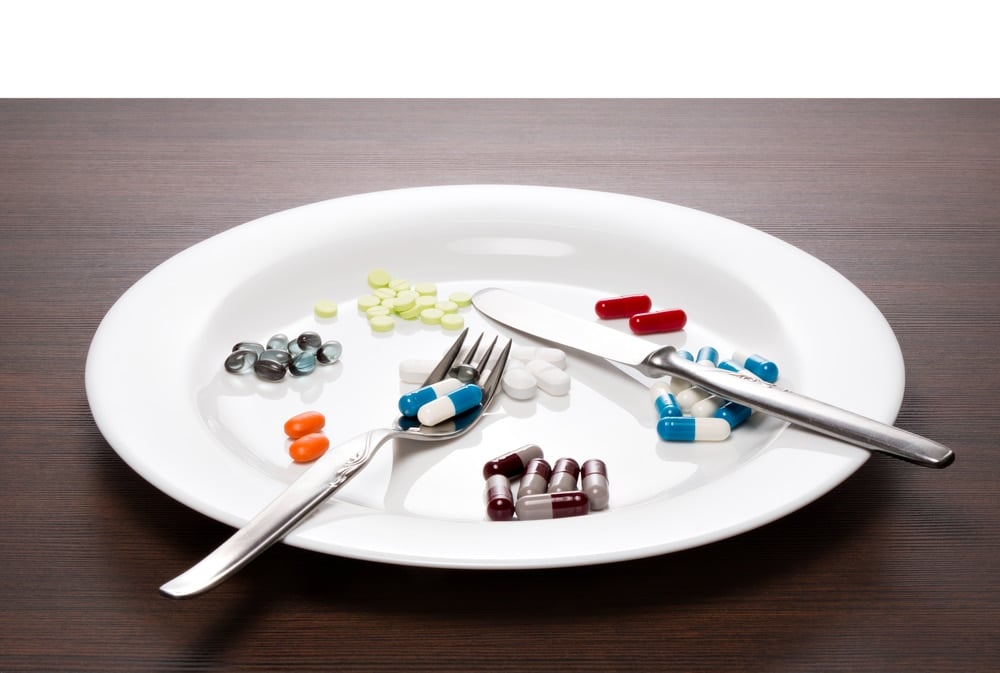A Comprehensive Look at Gout Medications
If you suffer from gout then there are two ways your doctor can treat your gout with medication. First there’s the preventative gout medication, those that you take daily to keep uric acid levels normal and medication that help you during gout attacks, when you are most in pain, discomfort and wanting relief.
The medication your doctor recommends will be based on your present health status and your personal preferences. Most likely your doctor will combine a short term and long term option for ideal results. Gout medications are divided into either short-term or long-term.
Short-term medication will treat your gout attack providing you with pain relief and reduced inflammation on the affected joint. At the same time it can prevent from another attack taking place. With these medications once you take the first dose, usually you can expect relief from your symptoms within 24 hours of use. Your doctor will usually prescribe you a medication that will be used for a short period of time and no longer than a week.
The list of short-term medications include the following:
- Colchicine: the most effective pain relief drug designed to block inflammation and reduce swelling caused by the uric acid crystals lodged in your joint(s). It comes in the form of a tablet and goes by the brand name Colcrys. Colchicine has also been shown to reduce gout flare-ups by 85%! So if you feel a flare-up coming, this is an effective way to stop a potential painful gout attack in its’ tracks. Low doses of colchicine are usually well tolerated but higher doses can lead to some side effects like nausea, vomiting and diarrhea.
- Nonsteroidal anti-inflammatory drugs (NSAIDs): NSAIDs are an anti-inflammatory medication that can be available over the counter (Motrin, Advil and Aleve) at your local pharmacy and if you want higher dosages they will only be available with a prescription from your doctor (Celebrex, Indocin, Anaprox and Volatren). It comes in the form of a pill or capsule which can be taken orally and can also be available as a topical gel. NSAIDs will reduce pain and swelling by blocking the enzymes and proteins involved in the inflammatory process. Side effects can include nausea, rashes, hives and even heartburn.
- Corticosteroids: If you are unable to tolerate NSAIDs or colchicine then this is your final option. Depending on the drug they can taken as a pill or injected into the muscle where the joint(s) is affected. Prednisone is the most commonly prescribed corticosteroid. Corticosteroids will help reduce pain and swelling from inflammation providing almost immediate relief from gout symptoms. A special note if you are diabetic, you may experience changes in your blood sugar levels when taking corticosteroids.
Long-term gout medications are only prescribed after you’ve completed some blood work and it has been confirmed that you suffer from hyperuricemia and/or high uric acid levels. So these medications work to keep uric acid levels healthy as well to prevent any future gout flare-ups or attacks. It should be noted to not take any of these medications while suffering from a gout attack. Taking any of these medications while suffering from a gout attack can worsen your condition.
The list of long-term gout medications include the following:
- Allopurinol: Typically considered the holy grail of gout drugs, allopurinol is a xanthine oxidase inhibitor which means that it inhibits the activity of xanthine oxidase, an enzyme involved when your body metabolizes purines thus reducing the production of uric acid. It goes by the brand name of Zyloprim or Lopurin, allopurinol can take up to six months to take effect in some patients. So you may experience some flare-ups during this period.
- Febuxostat: it functions the same way as allopurinol by decreasing uric acid levels in the blood. Febuxostat goes by the brand name Uloric. It is metabolized by the liver, so it’s considered safe for those suffering from kidney disease.
- Probenecid: goes by the brand name of Benemid and Probalan, works as a preventive by reducing uric acid. It is mostly prescribed to gout sufferers whose kidneys don’t properly excrete uric acid so probenecid can help them increase excretion.
- Lesinurad: goes by the brand name Zurampic and is the new kid on the block in helping lower uric acid levels in the blood. It’s often being used in combination with allopurinol to treat gout in those patients that can’t achieve their uric acid targets will only allopurinol.
- Pegloticase: it is a medication for about 3% of the gout population who are intolerant to all other gout medication options. It is administered via intravenous infusion every two weeks and is considered a last resort option. It goes by the brand name Krystexxa.
The truth is and you know who you are, (cause I’ve been personally guilty of this as well) is that many gout sufferers after they haven’t had a gout attack or flare-up in a long time, will wonder if they should keep taking their medicine. Nothing will happen at first but after a while a gout attack will hit you. Without treatment, future attacks are likely to occur and to be more severe.
Following a gout diet and change of lifestyle ( a diet specific to gout sufferers as described in my ebook and on this website) is imperative as well! Some of yous may be able to get off your medication, while others will not. For now, a cure to treat gout forever is not available, that’s why dietary changes and lifestyle changes are so important to avoid worsening your condition.

